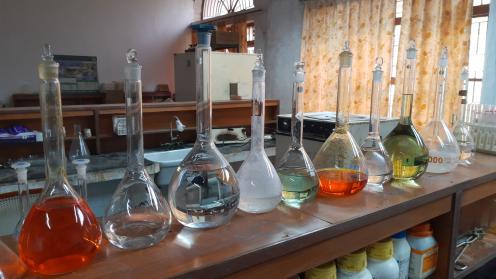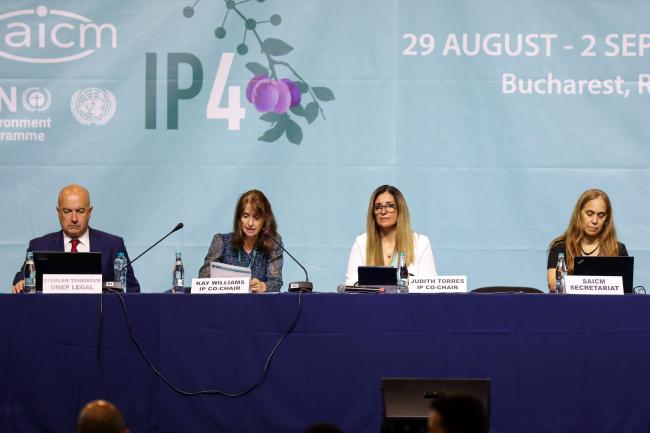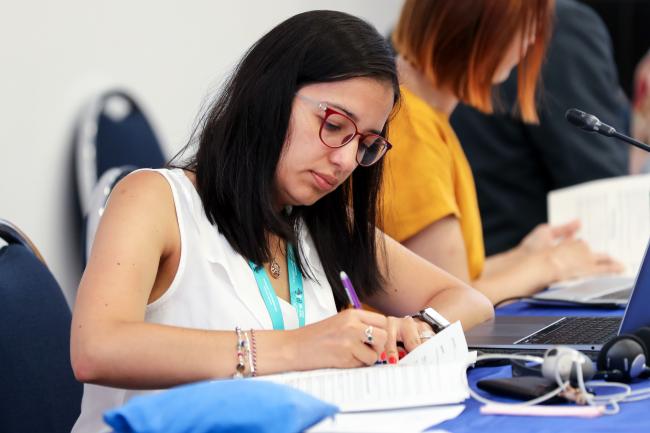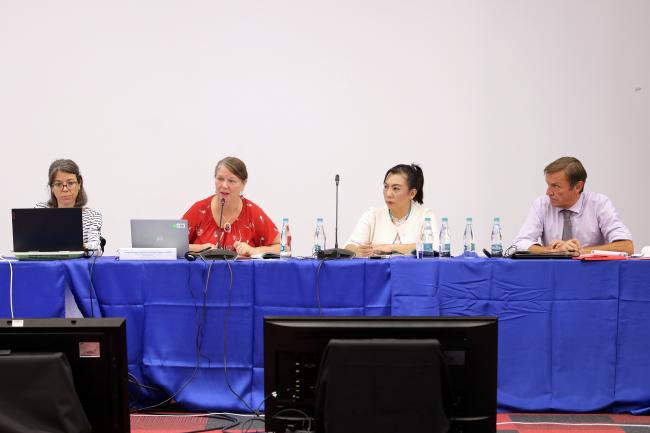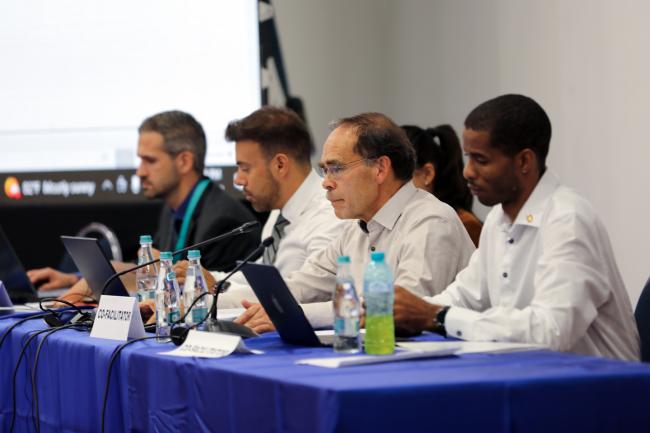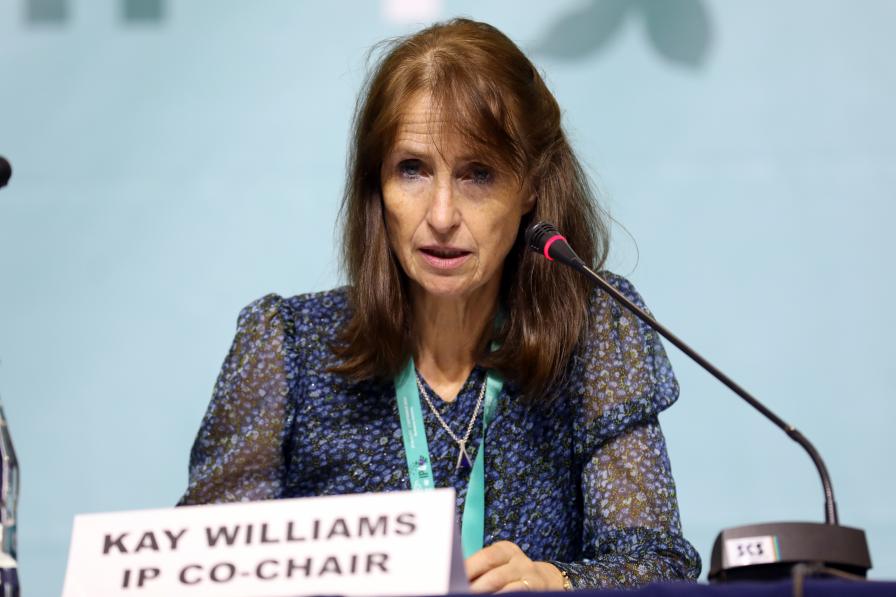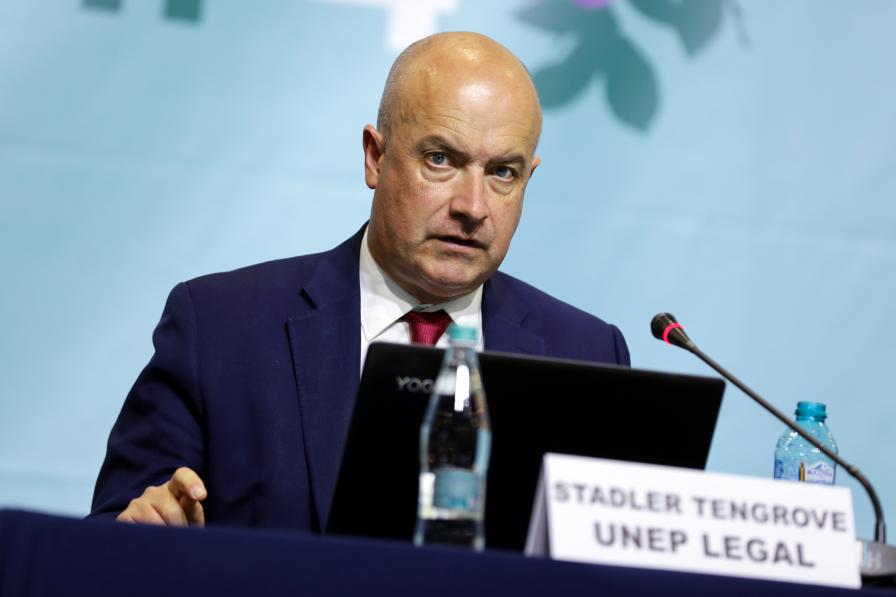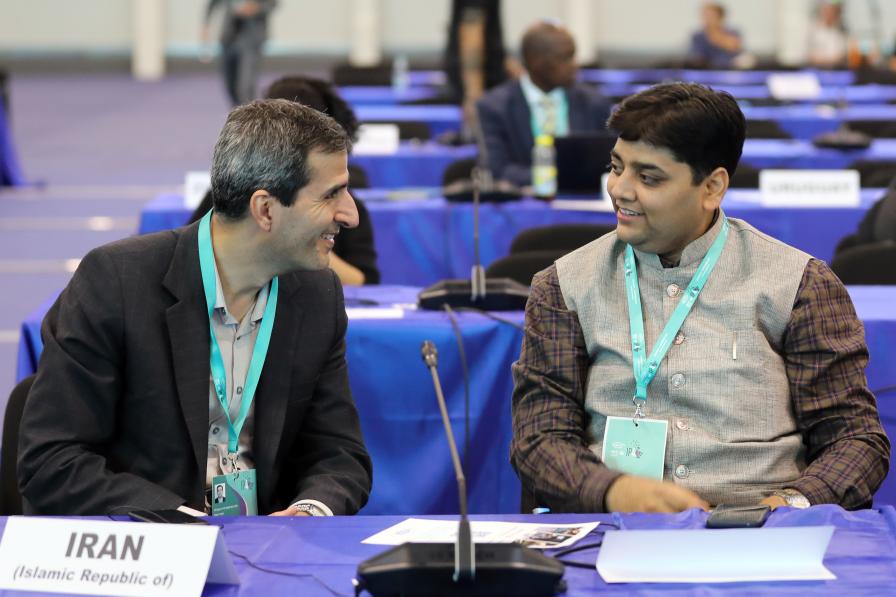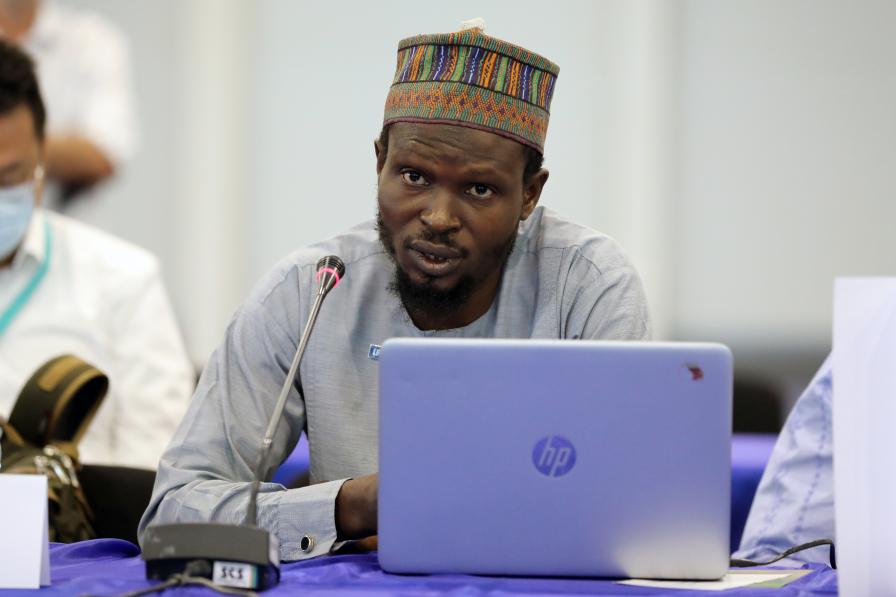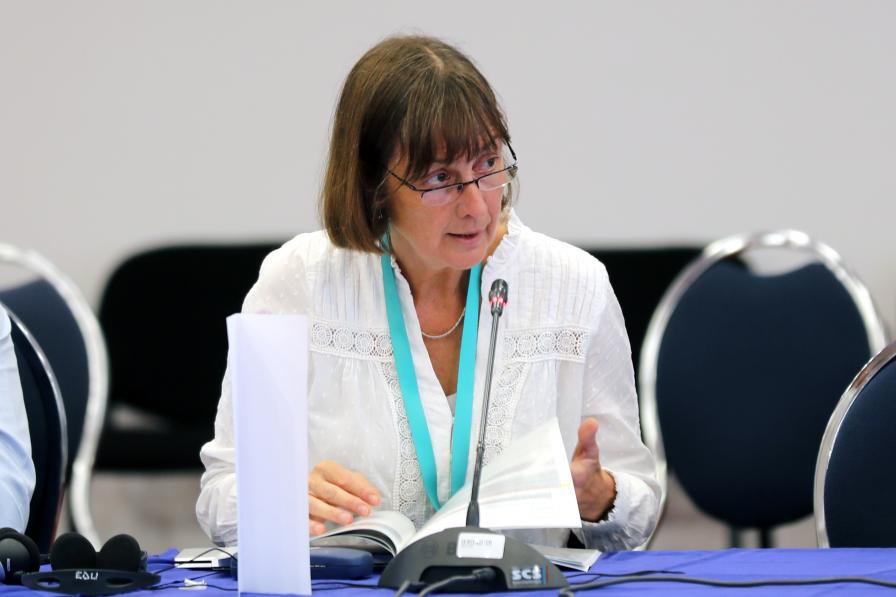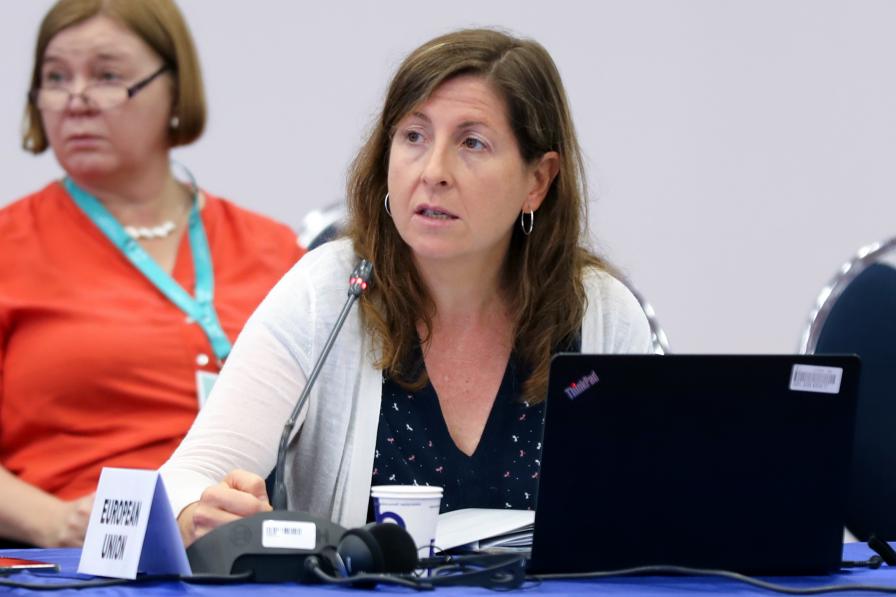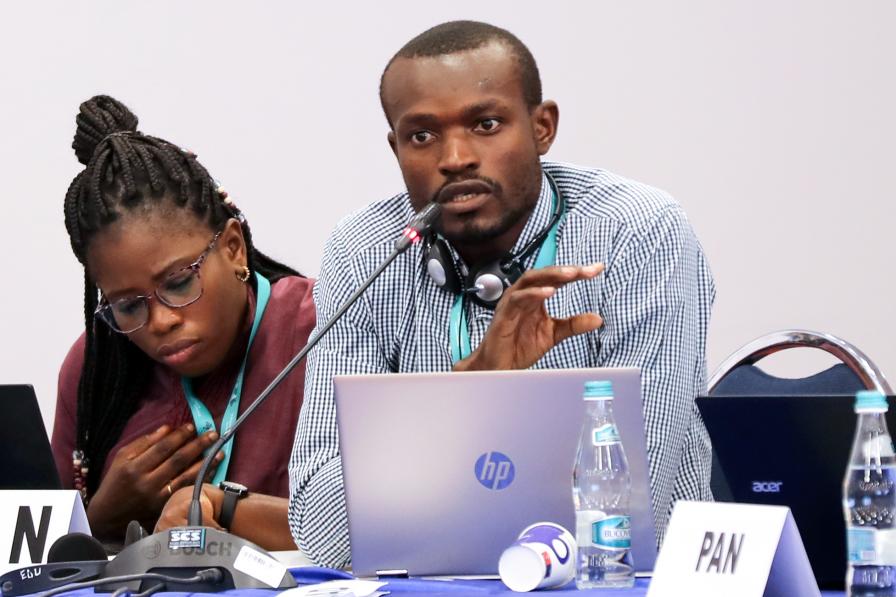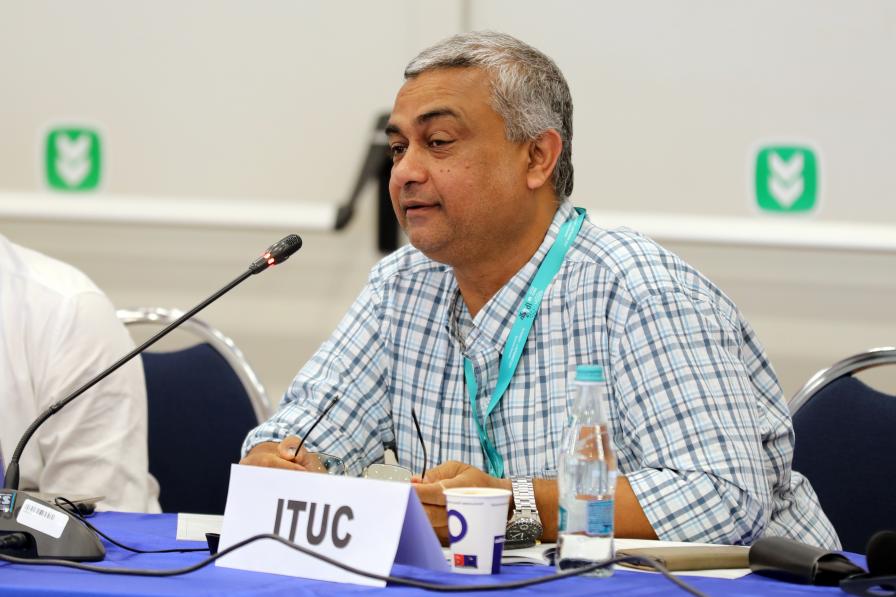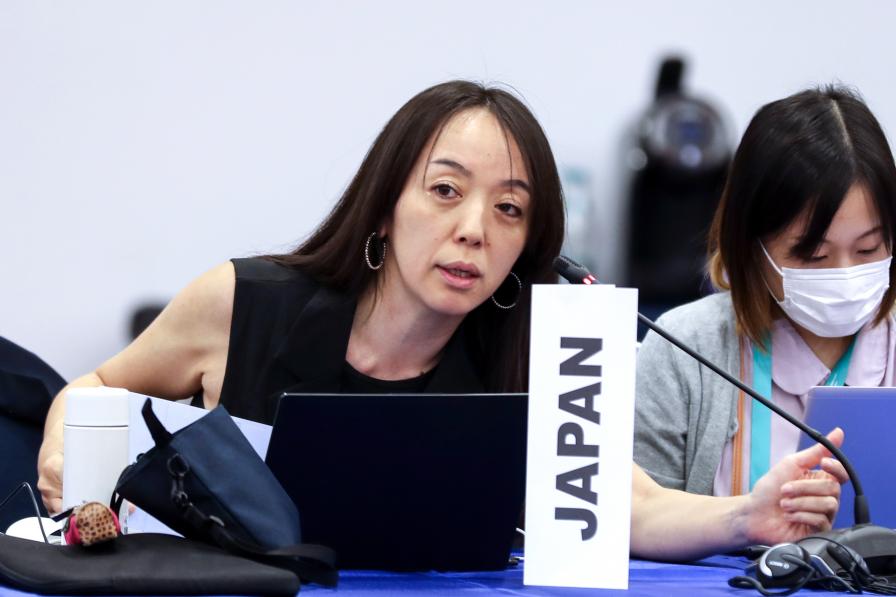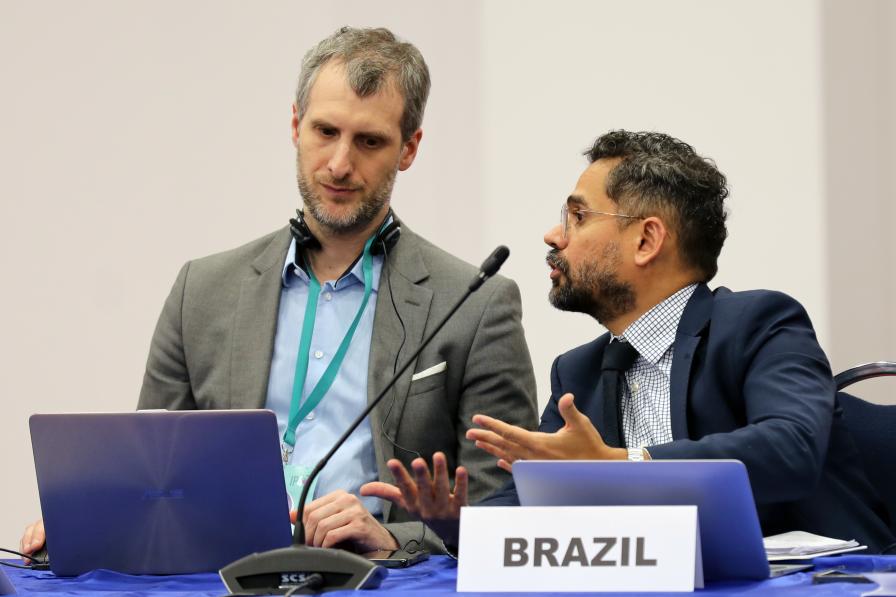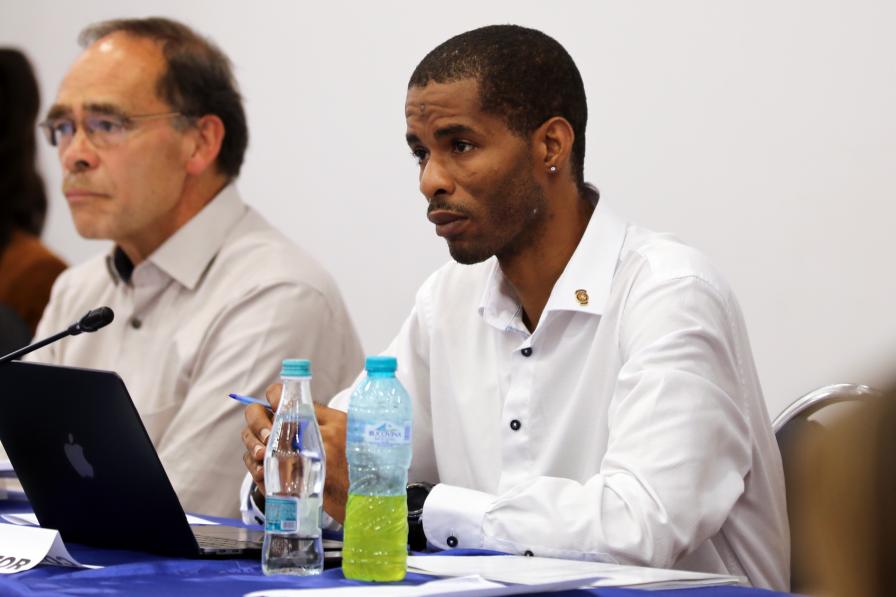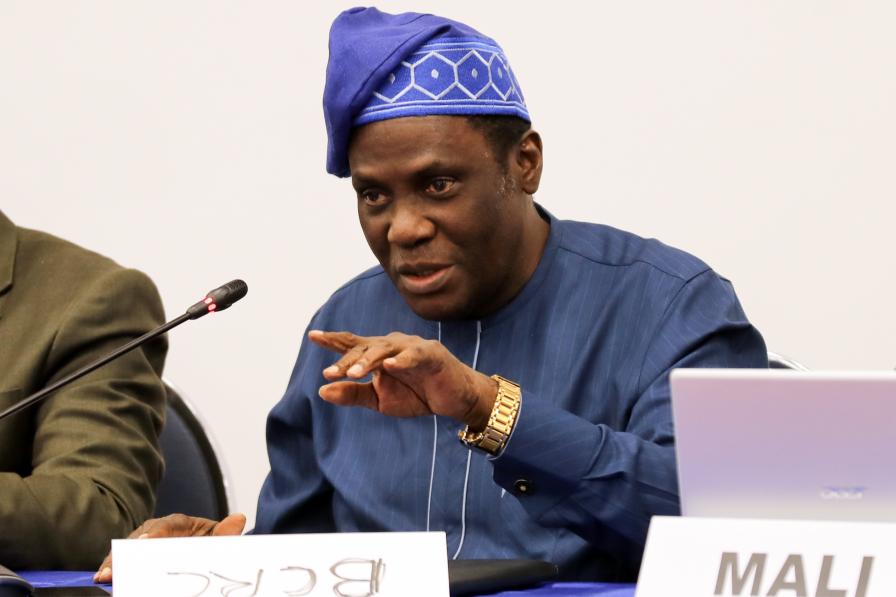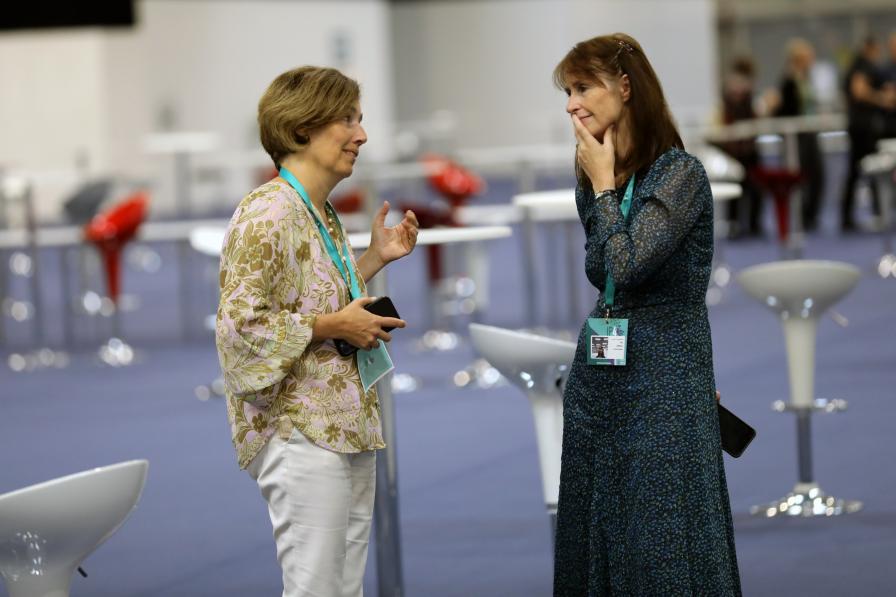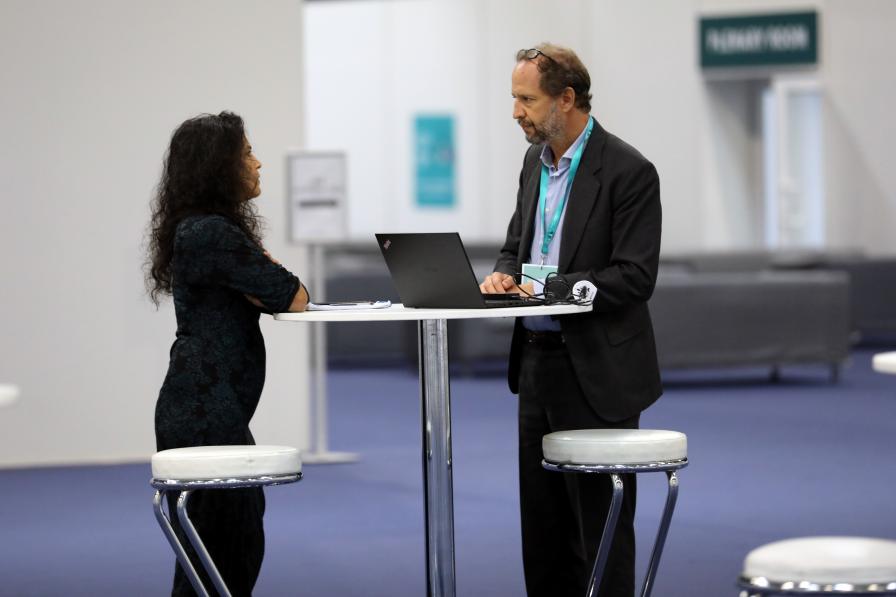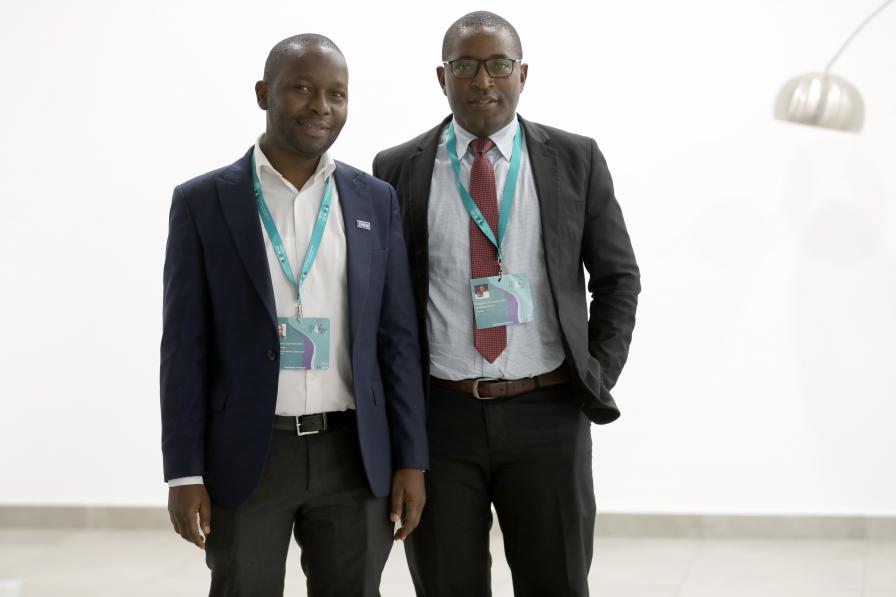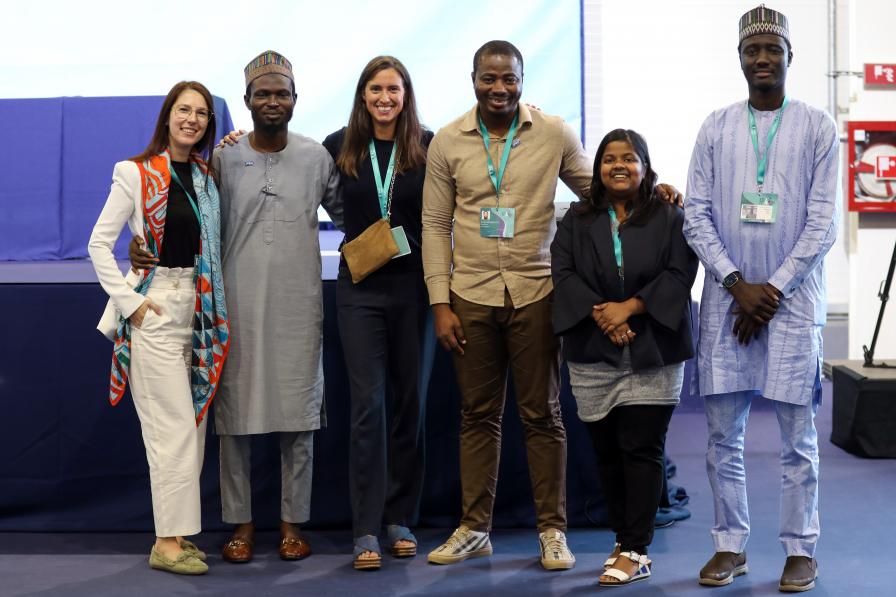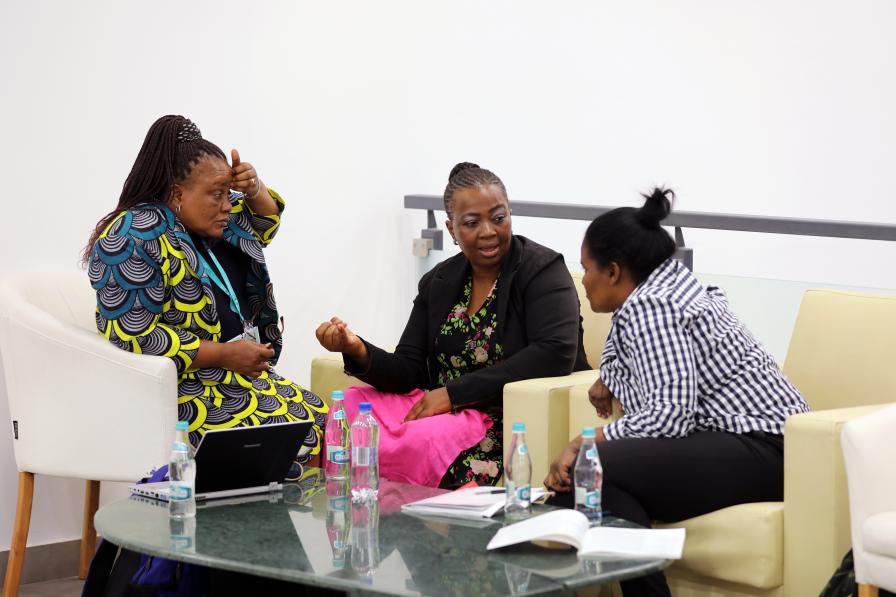Delegates at the fourth session of the Intersessional Process for Considering the Strategic Approach to International Chemicals Management (SAICM) and the Sound Management of Chemicals and Waste Beyond 2020 (IP4) worked throughout the day and into the night on Thursday, trying to finish drafting recommendations to the fifth International Conference on Chemicals Management (ICCM5) on the shape of a future framework on chemicals and waste to guide global efforts on that agenda for years to come.
A brief plenary in the early evening took stock of progress and sent delegates off to continue further deliberations into the late evening, in the hopes of producing a “clean” set of recommendations for ICCM5 by Friday. However, delegates were also apprised of the option to adjourn IP4 if sufficient progress is not made and reconvene later to resume deliberations.
Thursday’s deliberations focused on:
- a vision and principles for the instrument;
- identifying targets for the instrument;
- how to choose “issues of concern” that would be targeted by the instrument for focused attention and concerted action;
- multi-sectoral partnerships;
- funding for the secretariat; and
- a proposal for a globally coordinated levy on chemical feedstocks to feed a new international fund on chemicals and waste.
On vision, delegates replaced the proposed phrases in the compilation text with three new ones developed by an informal group:
- “Chemical safety for all”;
- “A toxics free planet. Advancing chemicals and waste safety for a healthy future”; and
- “Healthy Planet and People: Making Our Future Chemical and Waste Safe.”
Regarding targets, delegates identified 28 of these and decided how to group them under the five draft strategic objectives. These include one on developing a code of conduct on chemicals and waste management, and the incorporation of its provisions into national legislation, and another calling for eliminating the use of highly hazardous pesticides from agriculture by 2030.
On issues of concern, delegates agreed on procedures for nominating, reviewing and adopting such issues for concerted action.
Regarding the establishment of, and engagement in, multi-sectoral partnerships, delegates debated whether to create partnerships explicitly linked to the 2030 Agenda for Sustainable Development.
In discussing measures to finance the secretariat, efforts were made to ensure that financial contributions from the private sector are appropriately highlighted alongside those of governments, while allowing all stakeholders to contribute. Delegates deliberated over the secretariat’s role, while several governments debated the value of assessing governments a suggested financial contribution based on the UN scale of assessments.
The proposal for a globally coordinated levy and a standalone chemicals and waste fund was examined in the wake of an informal dialogue conducted Wednesday night by its proponent, the African Group. Some governments pointed out that it could not be mandated by a voluntary initiative, which the “beyond 2020" instrument is slated to be, but several governments expressed interest in the idea. One supporter commented that even if the innovative proposal is not accepted at IP4, they intend to pursue its adoption at other fora.
All ENB photos are free to use with attribution. For the 4th Meeting of the Intersessional Process for Considering SAICM and the Sound Management of Chemicals and Waste Beyond 2020, please use: Photo by IISD/ENB | Mike Muzurakis
To receive free coverage of global environmental events delivered to your inbox, subscribe to the ENB Update newsletter.
